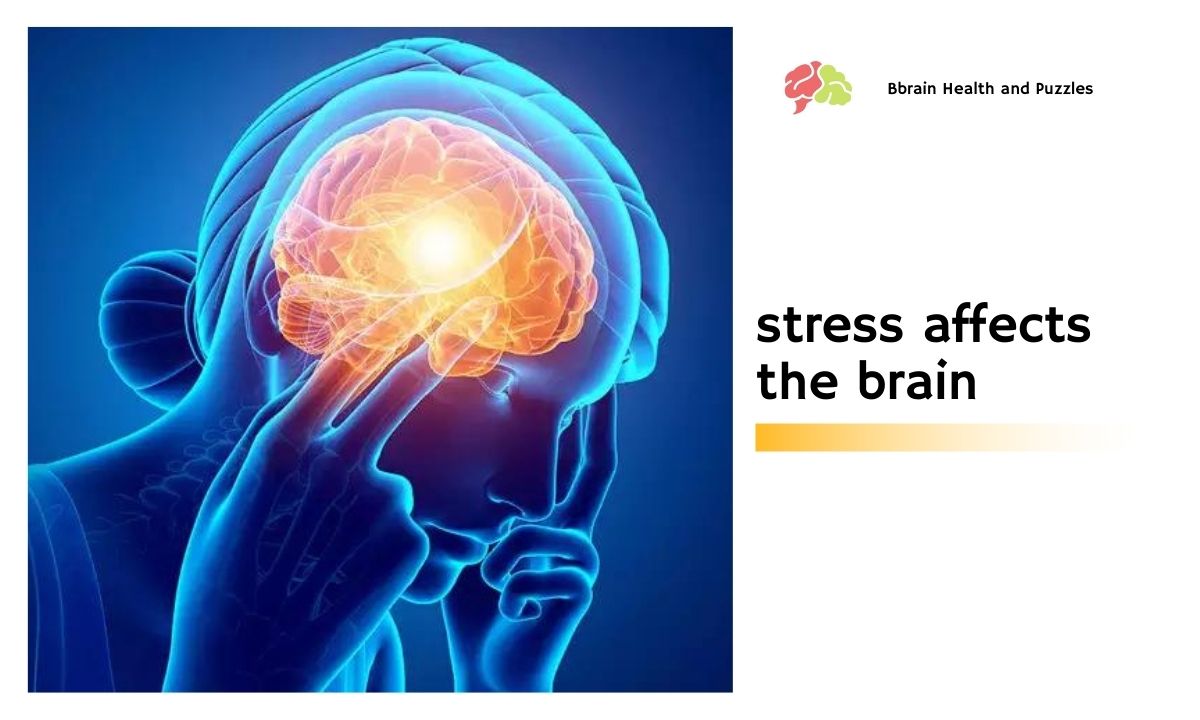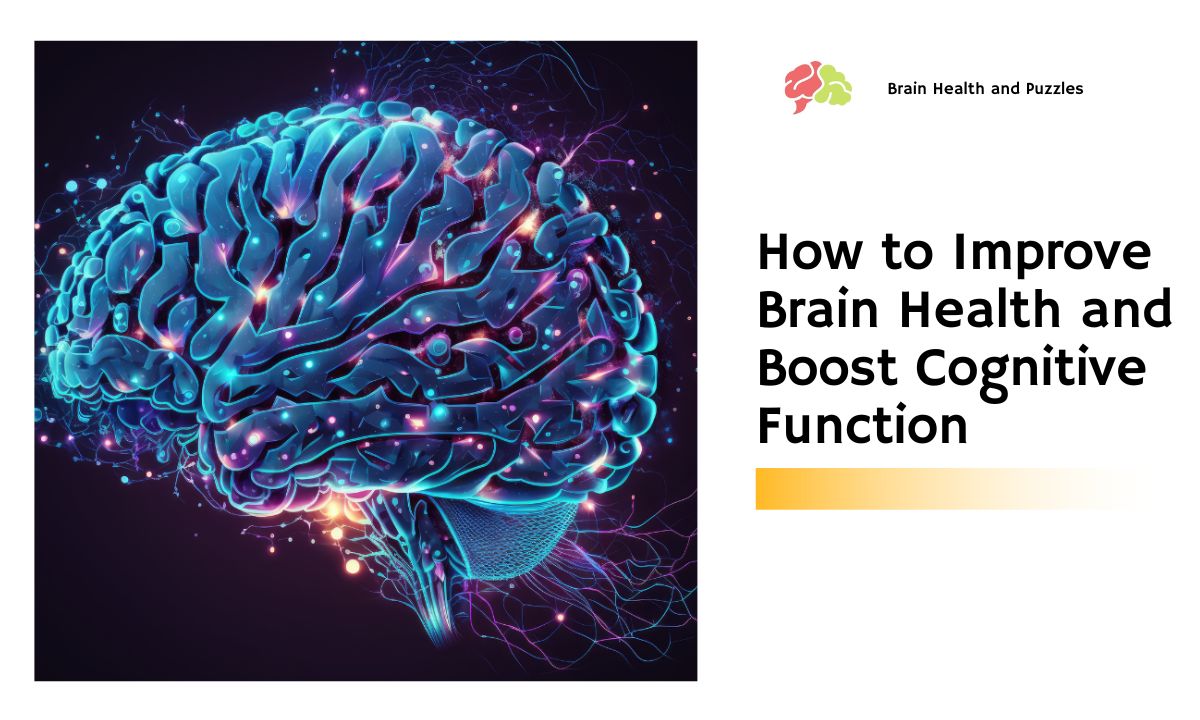How Stress Affects The Brain

Running In Overdrive
It is not difficult to see that stress affects the brain in many ways. Think about it in your daily life. Does added stress help you think through problems? Or when under stress do you need a little quiet time to reflect? Those under a great deal of emotional strain often have trouble thinking clearly and making good decisions. These effects also translate into problems for the body when the brain cannot properly rest because of anxiety and stress.
Hormonal Responses to Stress
When you feel stress, adrenal and pituitary glands release chemicals like adrenaline, cortisol, and dopamine designed to increase your heart rate and help you to run from danger. Stress responses in a flee to survive situation are released and dispersed when you run from the danger. If there is nothing to run from, the stress response simply remains in your system, fueling more feelings of unease.
The Danger of Cortisol
Cortisol can be particularly harmful when released too frequently in the brain. This hormone can actually damage our brain cells from prolonged exposure. In studies, cortisol was shown to break down hippocampus cells. The hippocampus is responsible for a great deal of your memory, including episodic memory.
This is a helpful feature for those who have suffered severe trauma and would benefit from forgetting the episode of danger. However, when cortisol is ever-present, the damage can bring on early age-related memory loss.
Too much cortisol can also place you at risk for depression. Excess cortisol has a tendency to overwhelm the healthy good-feeling hormones in your brain like serotonin. Long-term stress can permanently reduce the levels of serotonin in your brain, making the ever-presence of cortisol even more dangerous.
After an episode of danger, the brain returns itself to normal and banishes the cortisol to the kidneys were it can exit the body. If the perceived threat does not pass, cortisol remains in the brain, causing damage. For this reason, it is important to learn how to relax and return your body to homeostasis, in which normal, healthy chemicals will return to dominance in your brain.
Regaining Balance
Regaining balance and banishing cortisol after an episode of stress is not difficult and gets easier with practice for those who never learned how to relax. Relaxing is a learned skill that you can practice very easily. When stress comes knocking on your door, immediately recognize the threat to your health. Acknowledge that you have a choice to let stress damage you or not.
The Relaxation Response
The relaxation response is the body’s physical reaction to deep breathing, resulting in a state of relaxation. You can achieve this by breathing deeply while counting mentally to four. Then slowly let out the breath, counting back down to zero in reverse. When breathing, be sure to breathe through your lower abdomen, rather than your chest. This type of breathing is more effective at helping you to relax.
When you practice this deep breathing, you will notice an immediate calming sensation in your mind. You will feel a pleasurable, warm sensation on the skin all over your body. Concentrate on that vibratory feeling while you breathe deeply and slowly. This state of relaxation allows your mind to regain equilibrium and banish damaging cortisol from your system.



